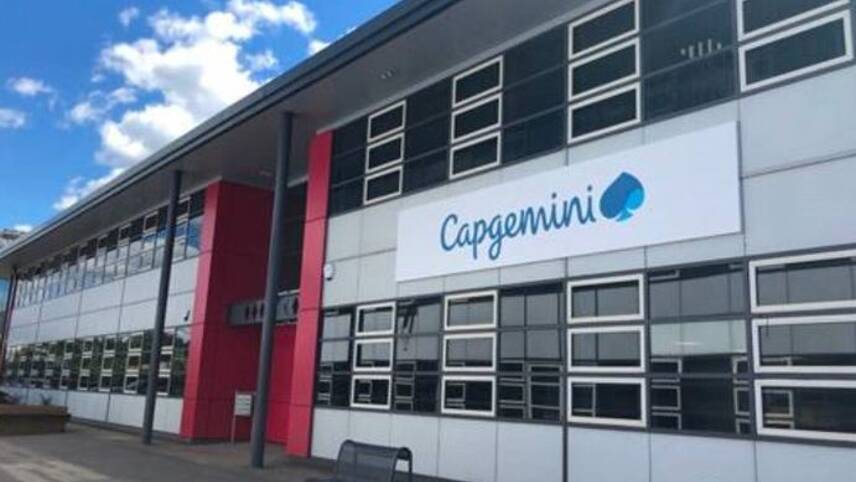Register for free and continue reading
Join our growing army of changemakers and get unlimited access to our premium content

The Science Based Targets Initiative (SBTi) has verified the new targets
Back in 2017, Capgemini set 2C-aligned science-based targets, including an ambition to reduce carbon emissions by 30% on a per-employee basis by 2030. As of December 2019, Capgemini’s monthly emissions were down 14.6% against the 2017 baseline, despite the business’s employee headcount having increased by 22.6%. This equated to a reduction of emissions per employee of 29.8%.
The business said in a statement that it was, therefore, time to set a more ambitious goal, aligned with the Paris Agreement’s 1.5C trajectory and the IPCC’s research on global warming.
Under the new target, Capgemini will seek to accelerate decarbonisation across its highest-emitting business areas – office energy, commuting and business travel.
On office energy, it will switch to 100% renewable electricity across the group by investing in new tariffs, power purchase agreements (PPAs) and onsite generation where possible. Capgemini has already merged offices and invested in energy efficiency technologies such as LED lighting, smart metres and more efficient heating and cooling systems.
Although emissions from commuting and business travel are far lower at present than when Capgemini last analysed its emissions footprint, due to Covid-19 lockdowns, the firm is anticipating a rebound in the months to come. As such, it is designing new programmes to incentivise the avoidance of business travel and commuting in individual petrol and diesel cars post-pandemic.
It will also replace its car fleet with hybrid and electric models, building on a previous emissions cap on its company car system.
Capgemini’s chief executive officer Aiman Ezzat believes that the group will be able to eliminate the majority of its operational emissions by 2025 – at which point it will invest in verified carbon credit schemes to offset residual emissions. It will then extend its learnings to the full supply chain to achieve net-zero Scope 3 (indirect) emissions by 2030.
“The current global situation with the Covid-19 pandemic has amplified the importance of the need to live in balance with our planet,” Ezzat said.
“A strong set of actions have been put in place, that range from expanding our digital workplace initiatives and work from home, through to leveraging technology to help our clients drive down their own emissions.”
Race to Zero
Capgemini is notably a member of Race to Zero – the UN’s pre-COP26 campaign aimed at accelerating the uptake of net-zero targets by corporates and nations over the next 18 months.
Around 1,000 businesses with revenues totalling more than $4.7trn are backing the commitment, including H&M, Diageo and Rolls Royce, along with 458 cities, 505 universities and 24 regions. As hosts of COP26, the governments of the UK and Italy are spearheading the initiative.
At COP26, nations will be required to submit more ambitious Nationally Determined Contributions (NDC) that were created for the Paris Agreement. Previous NDCs have proven ineffective, according to the UN. Preliminary data for 2019 suggests that greenhouse gas emissions increased globally in 2019 and carbon emissions from fossil fuels grew by more than 0.5% last year.
Businesses seem to have shown more ambition than nations on reaching net-zero, with the corporate climate lobby having expanded dramatically in the past 18 months. The We Mean Business Coalition’s commitment to net-zero is being backed by almost 1,300 businesses, and recently outlined measures to move its target forward from 2050 to 2040. It is being supported by the UN’s Global Compact, Development Programme, Environment Programme and Climate Change arm (UNFCC).
Sarah George


Please login or Register to leave a comment.